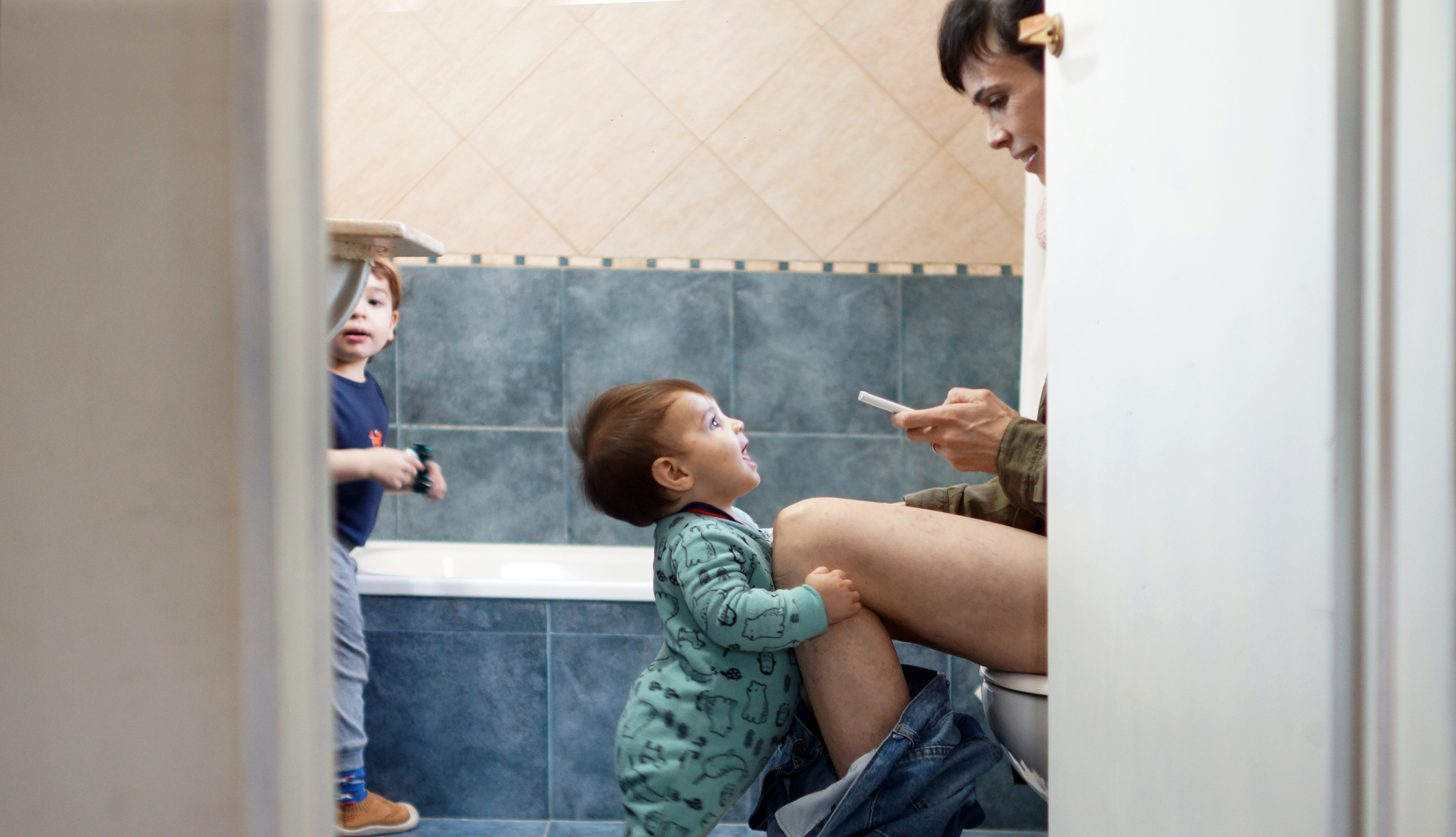New Moms: 10 Things a Pelvic Floor Therapist Wants You to Know
November 22, 2022
By: Lisa Whiting, PT, MPT, PRPC
Categories: Healthy Living
Growing and birthing a baby dramatically changes your body. Whether you have your baby vaginally or by cesarean delivery (c-section), your body, including your pelvic floor, has undergone a transformation.
Pelvic floor dysfunction is an unfortunate yet common consequence of childbirth. If you are suffering from any of the symptoms below, you should seek help from a pelvic floor therapist.
- Bladder or bowel urgency
- Bowel issues
- Pelvic, abdominal, vaginal or rectal pain
- Urine leakage
- Weak pelvic floor
As a pelvic floor therapist at Tallahassee Memorial HealthCare (TMH), I’m specially trained in assessing and treating women in the postpartum period, and love helping new moms restore their pelvic floors and reclaim this important piece of their lives.
Here are the top ten things I want new moms experiencing issues with their pelvic floors to know.
1. Every postpartum mom can benefit from pelvic floor rehabilitation. Over the past nine months, your body has undergone a transformation. Not only has your pelvic floor supported the weight of a baby, placenta and amniotic fluid, your abdominal muscles also stretched to allow for the growth of your baby during your pregnancy. If you delivered vaginally, your pelvic floor muscles stretched and maybe even tore to allow your baby to pass through. All these physical changes, compounded by the physical demands of caring for a new infant, can leave new moms with pain and dysfunction.
2. If you are experiencing urinary leakage at three months postpartum, ask your doctor for a referral to see a pelvic health physical therapist (PT). A study in the British Journal of Gynecology found that 73% of women with urinary incontinence at three months postpartum still report leakage six years later! Just because you have birthed a baby doesn’t mean you are destined for a lifetime of leakage. Urinary leakage is very common, but it is not normal. Pelvic floor therapists can help!
3. Sex should not be painful. While sex may feel different than before childbirth and it might take some time to get back to pleasurable intercourse, you are not destined to have painful sex forever. Factors that can contribute to painful sex are tight muscles, hormonal changes and scar tissue from perineal tears sustained during childbirth.
4. Changes in your vaginal canal or pelvic pressure may (or may not) indicate prolapse. Can you see or feel tissue bulging at your vaginal opening? Before you go down the internet rabbit hole, get yourself to a pelvic floor PT. We can help by assessing the severity of your prolapse and teaching you how to self-manage your symptoms. Every person is different, and the list of dos and don’ts is not one size fits all. Our goal is for you to be able to self-manage your prolapse so you can continue through life without prolapse symptoms.
5. Pelvic floor rehabilitation is way more than just Kegels. Kegel exercises fix everything, right? No! This is probably one of the biggest myths surrounding the pelvic floor. In reality, most patients present with some pelvic floor tightness that inhibits pelvic muscle function. Never mind that most people are doing their Kegels incorrectly by using their inner thighs or their butt muscles. A healthy pelvic floor is both strong and flexible. When visiting a pelvic floor therapist, you will learn how to correctly squeeze and relax your pelvic floor.
6. If you gave birth via c-section, you should consult a pelvic floor therapist. You didn’t have a baby pass through your vaginal canal, but you did just have a major abdominal surgery. Not only did your abdominal muscles stretch over the course of nine months to allow for a growing baby, but you are recovering from a major surgery and are trying to care for an infant. Your abdominal muscles have been separated at the linea alba – the thin band of connective tissue that runs down the front of your abdomen – and mobility can often be challenging due to core weakness.
7. Comparison is the thief of joy. It may seem impossible to not compare yourself to other postpartum moms, but it is important to remember that everyone is unique. Every mom enters pregnancy at a different fitness level and, as a result, will enter postpartum at a proportional level. Never mind factors including bedrest and pelvic pain during pregnancy or cesarean birth, which can all affect postpartum recovery. Try not to compare yourself to others, but instead focus on your own recovery journey.
8. Don’t obsess about diastasis recti. You’ve probably learned about diastasis recti – when the rectus abdominis muscles (your six-pack ab muscles) separate during pregnancy from being stretched. The separation can make a person's belly stick out or bulge months or years postpartum. This is normal! Your abdominal muscles need to stretch and separate to allow for your growing baby. Sixty-six to 100% of women have diastasis recti by the end of the third trimester. Gentle exercises will not only help mom keep the abdominal muscles healthy as they stretch during pregnancy, but will allow for support postpartum, reducing pain and incontinence.
9. Managing bowels postpartum is very important to your pelvic floor recovery. Keeping stools soft and easy to pass is key. This can be achieved through hydration, eating plenty of fruits and vegetables, fiber supplements and sitting on the toilet with a step under your feet.
10. Trust your intuition. You know your body better than anyone else. If you sense something is wrong or different, talk to your provider. Ask for a referral to see a pelvic floor therapist. We are here to listen to your concerns and walk with you along your healing journey.
For more information about pelvic floor rehabilitation at Tallahassee Memorial, contact our outpatient orthopedic rehabilitation team at 850-431-7115 or visit TMH.ORG/PelvicFloor.
Navigate to Our Rehab Services




